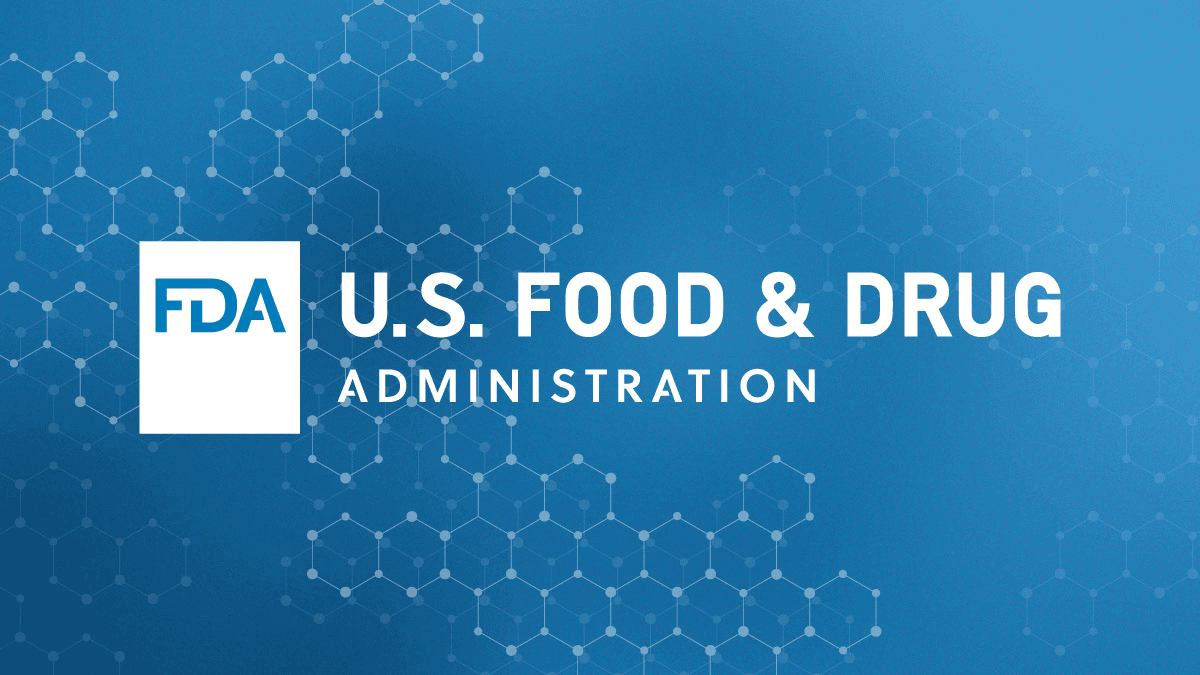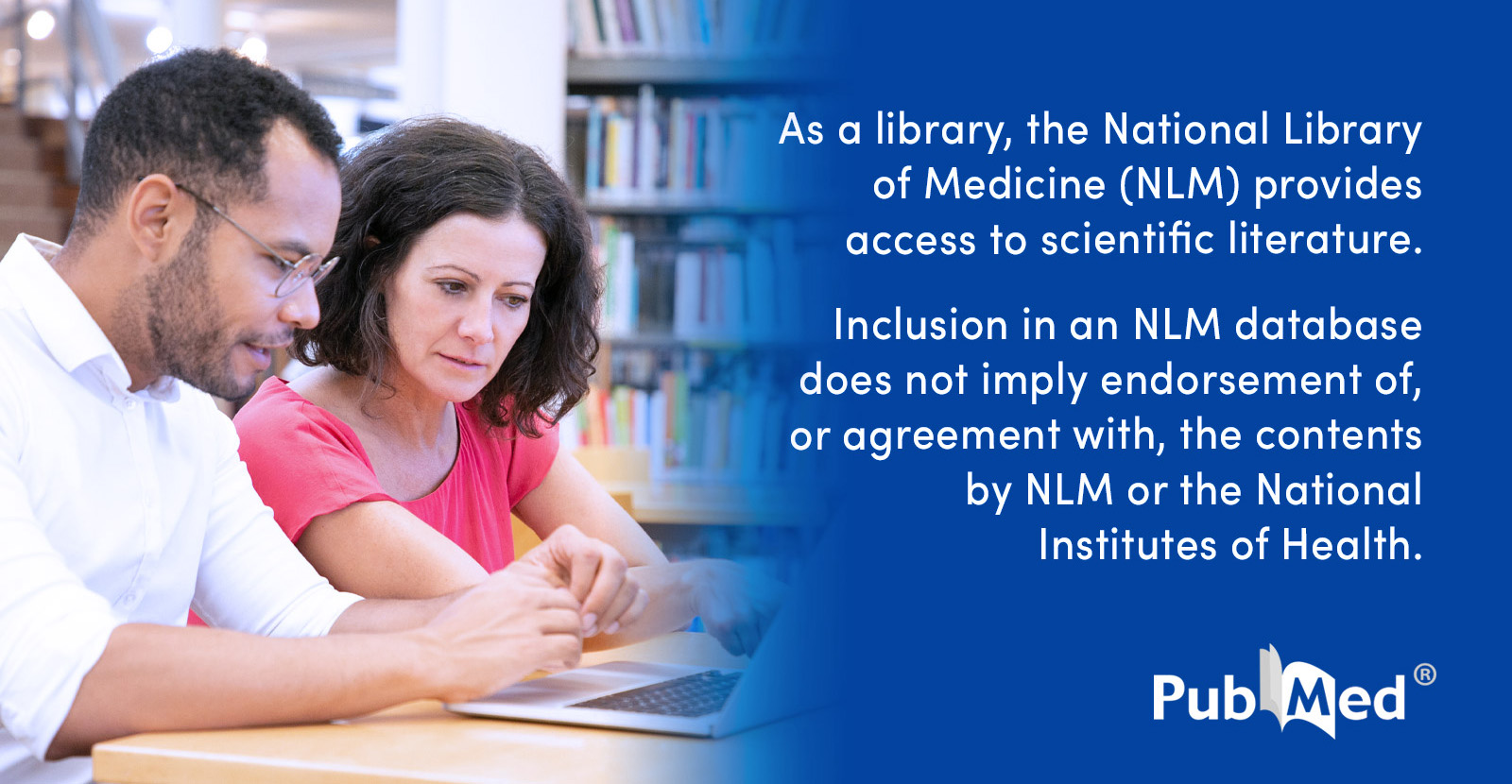And as Kaido says, then committing to doing what works for them for a lifetime.
I got into sugar management for 3 reasons:
1. I have a lot of weird health issues. One of those is reactive hypoglycemia, where my blood sugar will drop up to 40 points within 20 minutes of eating.
2. One of my friends got diagnosed as T2, refused treatment, and died. Another had to have both of his legs amputated.
3. I have a couple of newly-diagnosed family members with various types of diabetes who
really struggle with the diet aspect.
imo:
1. Everyone should be assigned a CGM once a year as part of their annual physical
2. Everyone should receive an education on
macros &
meal-prepping. This should be taught in grade school as part of health (macros) & home economics (cooking)
3. We live under a lobbyist-driven government that has created an ocean of
ultra-processed foods. The disconnect in education between food & health in our country is
criminal because food-related issues affect so many of the leading causes of death in America.
We have surpassed a 50% diabetic rate in America:

diatribe.org
I grew up as a string bean, married a good cook, got a cubicle job sitting around all day, and eventually blew up to 260 pounds. It was scary because I had never been overweight in my life & had NO IDEA what to do. I started out eating chicken broccoli, and brown rice, lost the weight, but gained it back because it wasn't sustainable. Eventually I learned about macros & meal-prepping. In my view:
1. I don't believe in "food morality"; there are no "good" or "bad" foods. Macros are important & moderation is important. I'm not anti-sugar (it took me a really long time to adopt that LOL).
2. We will all die someday; how good we feel along the way should be the
real key focus. Learning how to eat for bodyweight control & high energy can be done using virtually
any desired diet when coupled with macros!
3. I've had good results on keto, fruitarian, gluten-free raw vegan, a fast-food & packaged foods diet (done via macros), a liquid diet (Soylent etc.), etc. I currently do moderate-carb, high-protein macros with good results! I'm omnivore at present & have been focusing more on real, whole foods lately.
I truly think that dietary control is the
heart of T2 management, but people struggle with low energy, poor habits, and a lack of education & tools when it comes to cooking & eating better. It becomes a war of attrition based on willpower, which erodes over time. Wearing a CGM & meal-prepping your macros is THE single most effective & sustainable way that I've found to combat the common traps that people fall into when managing their sugar levels!










